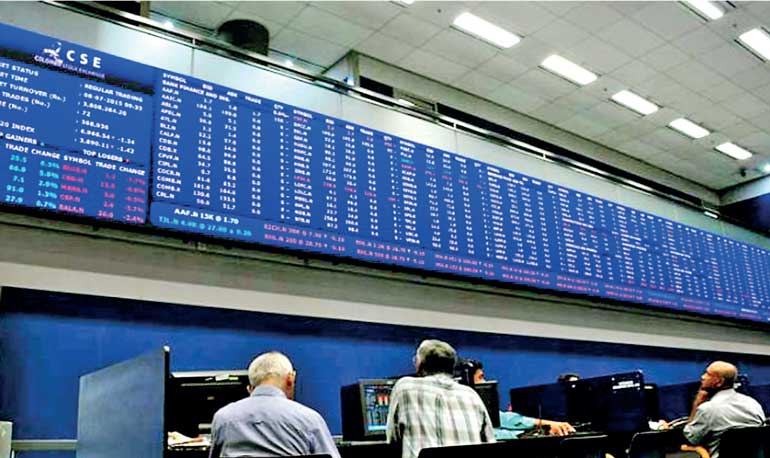Saturday Feb 21, 2026
Saturday Feb 21, 2026
Friday, 21 April 2017 00:00 - - {{hitsCtrl.values.hits}}
 (City Wire) Asia-focused Establishment (ET) is backing Sri Lanka, which it says is home to “high quality, low valuation” listed companies.
(City Wire) Asia-focused Establishment (ET) is backing Sri Lanka, which it says is home to “high quality, low valuation” listed companies.
A trip to the island country of Sri Lanka, which sits to the south of India, has surprised Establishment manager Henry Thornton of Blackfriars Asset Management.
He said that despite the country’s “tough ride’, including a civil war and tsunami, it is not only making strides in implementing economic reform but is set to be boosted by increased tourism and Chinese investment.
Ratings agencies Moody’s and S&P both have the country on negative watch and the illiquid nature of the local equity market means foreigners own just 4% of issued government securities.
“Shareholders might be surprised therefore to learn that we departed Sri Lanka extremely upbeat and excited by the likely development path of this beautiful country over the next decade and beyond,” he said in his latest monthly update to investors.
Thornton noted that the International Monetary Fund (IMF) commended Sri Lanka for its efforts in “implementing their IMF-supported economic reform program with all fiscal quantitative targets through end-December being met.”
Thornton’s upbeat assessment of the country - which makes up just 1.6% of his £ 52 million fund - hinges on three reasons. The first being tourist visits, which have “compounded at 24% per annum” since the end of the civil war in 2009.
“Growth prospects are simply excellent,” said Thornton. “Tourism earnings are projected to reach $ 4 billion in 2017, almost 5% of GDP. We would expect these to double over the next three to four years and become a more important source of foreign exchange earnings than the $ 7.5 billion annual remittances by Sri Lanka’s one million overseas workers.”
The “huge impact” of Chinese investment in the local economy will also benefit the country. The Chinese are already developing the port in the capital city of Colombo and plan to invest $ 5 billion (£ 3.9 billion) developing an industrial zone south of the capital in Hambantota, creating 100,000 jobs.
Thornton is also persuaded of the investment case for Sri Lanka by the “high quality and low valuation of the majority of listed companies” and the strong corporate governance in the blue chip companies.
He noted John Keells, which is Sri Lanka’s largest conglomerate operating in seven sectors, including transport, food manufacturing, banking and real estate, trades on “low double digit earnings multiples while offering yields of 4%-plus.”
“Liquidity is an issue but this is simply informing the long-term investor that the market is trading at the wrong price,” said Thornton.
The trust has indirect exposure to Sri Lanka through Thai company Siam City Cement (SCCC.BK), which bought the country’s leading cement producer Holcim Lanka last year. Thornton has also taken a “modest position” in Singer Sri Lanka (SINS.CM), a household goods and consumer products retailer.
In sterling terms the Colombo Stock Exchange (CSE) index has recovered from its post-financial crisis lows at the end of 2008 when it stood at 1,506, to reach 6,382 at yesterday’s close, although it has traded largely sideways since 2011.
Establishment’s performance has also been mixed. The trust, which is 79% invested in Asia Pacific with 20% in the UK, has grown its net asset value (NAV) by 97% over the past 10 years. However, shareholders have only seen a 72% total return because of the wide gap - or discount - between the share price and its NAV. That compares to the average 112% total portfolio return from global equity trusts, according to Numis Securities data.
The trust now sits in the Association of Investment Companies’ Flexible sector where its five-year shareholder return of 30% also compares poorly to the 74% sector average.
However, returns over the past year have been boosted by the weak pound. Establishment shares have risen 33.9% in the past 12 months ahead of the 23.5% increase in its NAV as the discount on the shares has narrowed from 34% to 22%, a level that Thornton regards as “disappointingly large”.